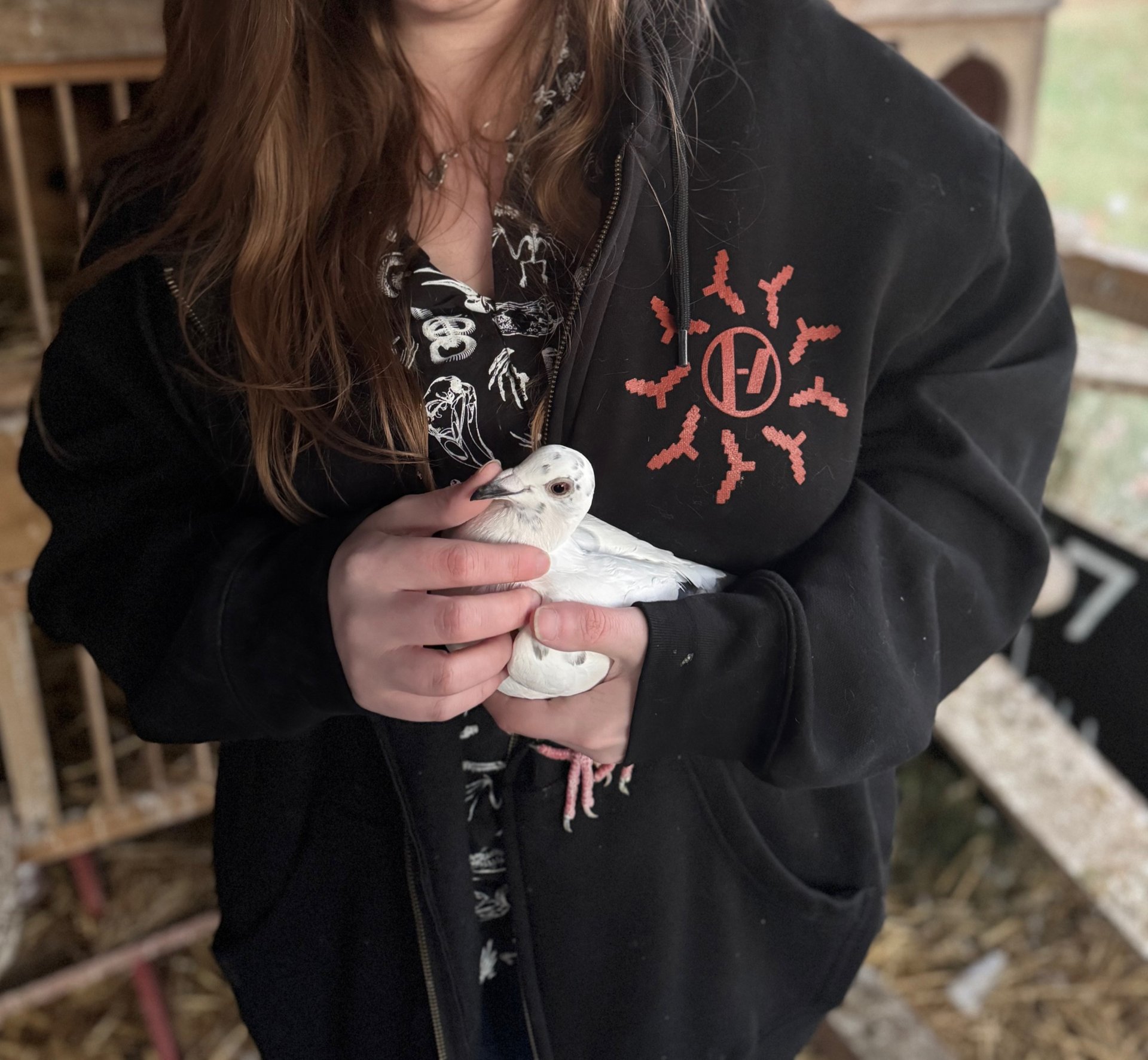
Pigeons and doves have been close companions to humans for thousands of years, with a domestication history that rivals that of dogs and cats. Ancient cultures around the world revered these birds—not just for their practical uses as messengers and symbols of peace and love, but also as treasured members of the household. The rock pigeon, in particular, was domesticated as far back as 5,000 years ago in the Middle East and North Africa. Over time, selective breeding produced a wide variety of colors, sizes, and temperaments, and today there are hundreds of domestic pigeon breeds, many of which are specifically suited for life as pets.
These birds are remarkably intelligent. Pigeons have been scientifically shown to recognize human faces, understand abstract concepts like time and space, and even distinguish between different words and images. Their cognitive abilities rival those of some primates. More importantly for pet owners, pigeons and doves are capable of forming deep, lasting bonds with their caregivers. Unlike many exotic birds, they are typically gentle, quiet, and affectionate. When raised or socialized properly, they enjoy cuddling, perching on their humans, and participating in the daily life of the household. Their calm and trusting nature makes them ideal pets for people seeking a low-drama, emotionally rewarding relationship with a bird.
As awareness grows around the ethical concerns of keeping wild-caught or exotic species—like many parrots—people are turning to more sustainable and humane alternatives. Domesticated pigeons, especially those rescued from racing, hobby breeding, or neglectful situations, are increasingly being recognized as the ideal pet bird. In the past couple of decades, pigeon and dove rescues have expanded dramatically. Organizations such as Palomacy, Great Lakes Pigeon Rescue, Louisville's own Derby City Pigeon Rescue, and many local shelters, now specialize in rehoming pigeons and advocating for their care. Many of these birds have been abandoned after being used for racing, meat production (as "squab"), or ceremonial releases and would not survive in the wild without human help.
In response to this growing interest, an entire niche of the pet industry has evolved to support pet pigeon and dove ownership. Products like pigeon diapers (also known as "flight suits") allow these birds to safely explore the home without mess, and lightweight harnesses offer a way for them to enjoy supervised time outdoors. Specialized pigeon aviaries, toys, and even strollers are now widely available, reflecting the increasing recognition of these birds as true companion animals.
With their deep history, surprising intelligence, and affectionate personalities, pigeons and doves offer a rewarding, ethical alternative to keeping wild birds in captivity. They may not be flashy talkers like parrots, but their loyalty, calm demeanor, and gentle companionship have earned them a beloved place in more and more homes around the world.
References
Epstein, R., Lanza, R. P., & Skinner, B. F. (1981). Self-recognition in pigeons. Journal of the Experimental Analysis of Behavior, 35(1), 1–7. https://doi.org/10.1901/jeab.1981.35-1
Stephan, C., Wilkinson, A., & Huber, L. (2012). Pigeons recognize familiar human faces. Proceedings of the Royal Society B: Biological Sciences, 279(1736), 1735–1740. https://doi.org/10.1098/rspb.2011.2394
Wittek, M., Matsui, T., Kessel, N., Oeksuez, T., Güntürkün, O., & Anselme, P. (2021). Mirror self-recognition in pigeons: Beyond the pass-or-fail criterion. Proceedings of the Royal Society B: Biological Sciences, 288(1957), 20210371. https://doi.org/10.1098/rspb.2021.0371
Palomacy Pigeon & Dove Adoptions. (n.d.). Retrieved April 30, 2025, from https://www.pigeonrescue.org